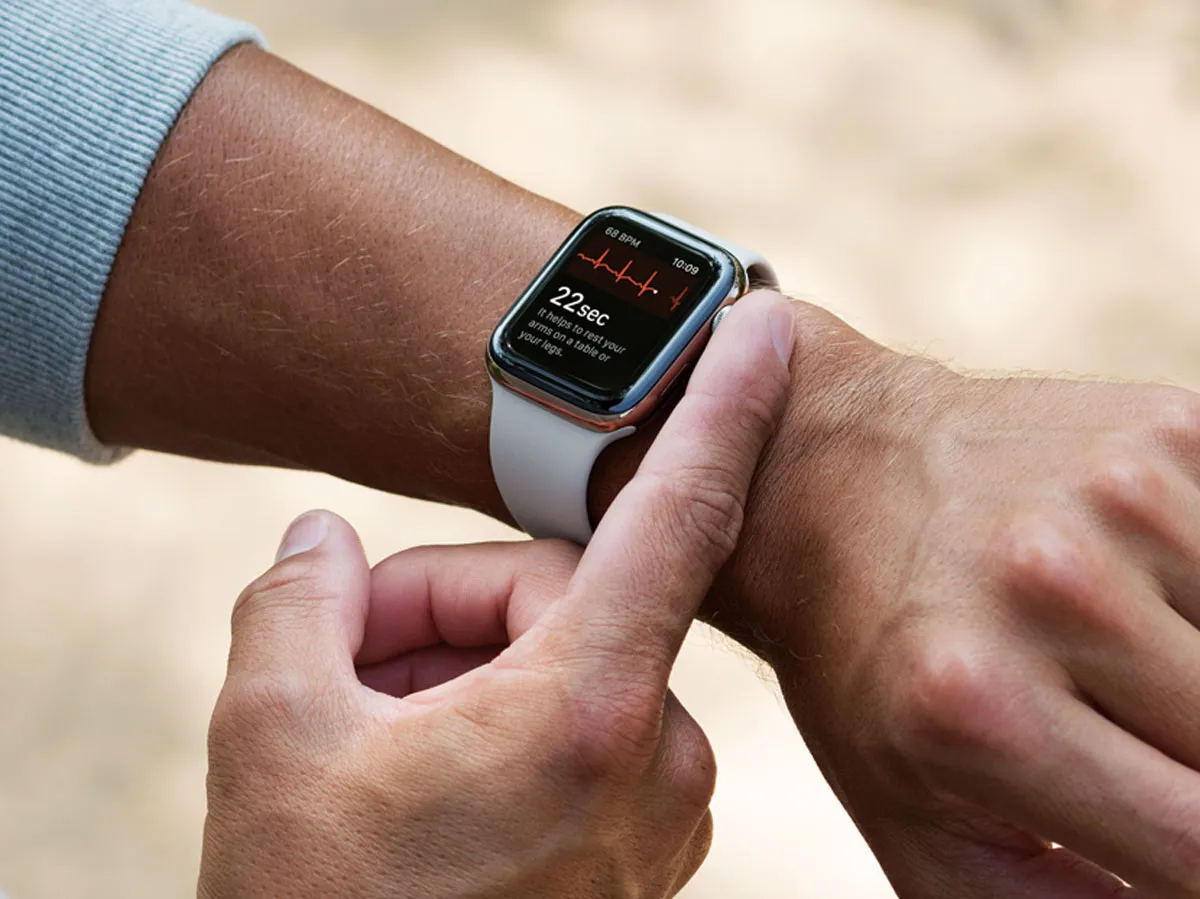Introduction: What is Rhodiola Rosea?
Rhodiola rosea is a powerful adaptogenic herb that has been used for centuries in traditional medicine to combat fatigue, enhance cognitive function, and support overall well-being. Native to the cold regions of Europe and Asia, this resilient plant is known for its ability to help the body adapt to stress, making it a popular supplement in functional medicine.
Functional medicine practitioners often recommend Rhodiola rosea for its ability to balance stress hormones, boost energy levels, and improve mental clarity. With numerous scientific studies supporting its benefits, this adaptogen is becoming a go-to natural remedy for those seeking holistic health solutions.
7 Science-Backed Health Benefits of Rhodiola Rosea
1. Reduces Stress and Anxiety
One of the most well-researched benefits of Rhodiola rosea is its ability to lower stress and anxiety levels. Studies show that this adaptogen helps regulate cortisol, the body’s primary stress hormone, leading to improved emotional well-being.
Scientific Evidence:
• A 2017 study published in Phytomedicine found that participants taking Rhodiola rosea experienced significant reductions in stress-related symptoms within just 14 days.
2. Boosts Energy and Reduces Fatigue
If you often feel drained or exhausted, Rhodiola rosea may help. This herb supports mitochondrial energy production, making it a great natural remedy for chronic fatigue.
Scientific Evidence:
• A study in the Journal of Ethnopharmacology showed that Rhodiola rosea improved fatigue levels and enhanced physical performance in individuals experiencing burnout.
3. Enhances Cognitive Function and Mental Clarity
Rhodiola rosea has been shown to improve memory, focus, and overall brain function by increasing neurotransmitter activity in the brain.
Scientific Evidence:
• Research published in Frontiers in Pharmacology suggests that Rhodiola rosea enhances cognitive function, especially in individuals under stress.
4. Supports Mood and Combats Depression
This adaptogen has natural antidepressant properties that help regulate serotonin and dopamine, neurotransmitters linked to mood balance.
Scientific Evidence:
• A study in Nordic Journal of Psychiatry found that Rhodiola rosea was effective in reducing symptoms of mild to moderate depression.
5. Improves Exercise Performance and Recovery
Athletes and fitness enthusiasts use Rhodiola rosea to enhance endurance, reduce muscle damage, and speed up recovery after intense workouts.
Scientific Evidence:
• A study published in The Journal of Strength and Conditioning Research found that supplementation with Rhodiola rosea improved endurance exercise performance.
6. Supports Heart Health
By reducing oxidative stress and inflammation, Rhodiola rosea contributes to better cardiovascular health. It may help lower blood pressure and improve circulation.
Scientific Evidence:
• A 2016 study in Drug Design, Development, and Therapy suggested that Rhodiola rosea may protect against heart disease by reducing oxidative stress.
7. Regulates Blood Sugar Levels
For those struggling with blood sugar imbalances, Rhodiola rosea may help stabilize glucose levels, making it beneficial for individuals with metabolic syndrome or diabetes.
Scientific Evidence:
• Research in Phytotherapy Research found that Rhodiola rosea extract helped improve insulin sensitivity and glucose metabolism.
Rhodiola Rosea in Functional Medicine
In functional medicine, Rhodiola rosea is frequently recommended for individuals dealing with chronic stress, adrenal fatigue, and burnout. This herb works by regulating the hypothalamic-pituitary-adrenal (HPA) axis, which controls the body’s stress response.
Practitioners often combine Rhodiola rosea with other adaptogens like ashwagandha and holy basil to create personalized protocols for improving resilience and overall health.
Best Rhodiola Rosea Supplements (Dietitian-Recommended)
1. Nootropics Depot Rhodiola Rosea Extract
• Standardized to 3% rosavins and 1% salidroside
• High-potency formula for cognitive and stress support
2. Gaia Herbs Rhodiola Rosea
• Certified organic and sustainably sourced
• Liquid phyto-caps for better absorption
3. NOW Foods Rhodiola Rosea
• Affordable, non-GMO formula
• Ideal for stress relief and endurance support
4. Thorne Research Rhodiola
• Clinically tested extract for mood and energy support
• Trusted brand among healthcare professionals
5. Himalaya Organic Rhodiola
• USDA-certified organic, non-GMO, and gluten-free
• Supports mental and physical performance
How to Take Rhodiola Rosea
For optimal results, experts recommend taking 200–600 mg per day of standardized Rhodiola rosea extract. It’s best taken on an empty stomach in the morning to boost energy and reduce stress throughout the day.
Potential Side Effects and Precautions
While Rhodiola rosea is generally safe, some individuals may experience:
• Mild dizziness or headaches
• Digestive discomfort
• Increased energy (avoid taking at night to prevent sleep disturbances)
Consult a healthcare professional before starting any new supplement, especially if you have underlying health conditions or take medications.
Final Thoughts
Rhodiola rosea is one of the most powerful adaptogens for stress relief, energy enhancement, and cognitive function. Whether you’re dealing with chronic fatigue, mental fog, or workout recovery, this science-backed herb offers numerous health benefits.
By incorporating a high-quality Rhodiola rosea supplement into your routine, you can support your body’s ability to adapt to stress and enhance overall well-being naturally.
References
1. Olsson, E. M. G., von Scheele, B., & Panossian, A. G. (2009). “A randomized, double-blind, placebo-controlled, parallel-group study of the standardized extract SHR-5 of the roots of Rhodiola rosea in the treatment of subjects with stress-related fatigue.” Phytomedicine, 16(4), 269–276.
2. Shevtsov, V. A., Zholus, B. I., Shervarly, V. I., Vol’skij, V. V., Korovin, Y. P., Khristich, M. P., Roslyakova, N. A., & Wikman, G. (2003). “A randomized trial of two different doses of a SHR-5 Rhodiola rosea extract versus placebo and control of capacity for mental work.” Phytomedicine, 10(2–3), 95–105.
3. Darbinyan, V., Kteyan, A., Panossian, A., Gabrielian, E., Wikman, G., & Wagner, H. (2000). “Rhodiola rosea in stress-induced fatigue—A double-blind cross-over study of a standardized extract SHR-5 with a repeated low-dose regimen on the mental performance of healthy physicians during night duty.” Phytomedicine, 7(5), 365–371.







